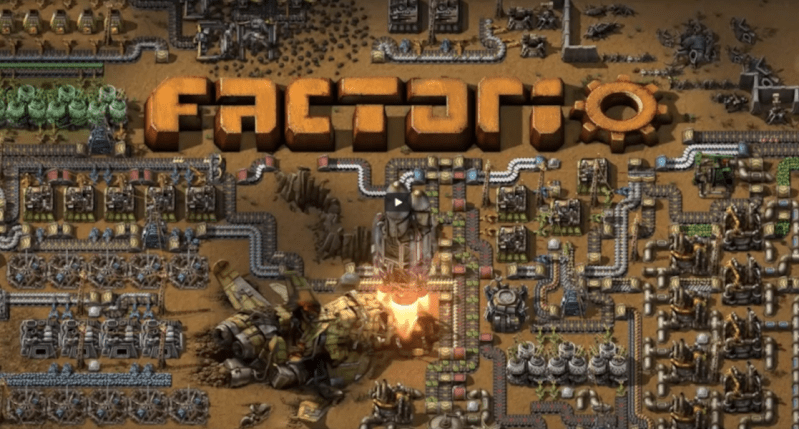
Science has affirmatively answered a lot of questions that, looking back, could be seen as bizarre to have asked in the first place. Questions like “can this moldy cheese cure disease” or “can this rock perform math if we give it some electricity.” Among the more recent of this list is the question of whether or not the video game Factorio, in which the player constructs an elaborate factory, can be used as the basis for other academic work. As [Kenneth Reid] discusses in this talk, it most certainly can.
If you haven’t played the game, it’s a sort of real-time strategy (RTS) game where the player gathers materials to construct a factory while defending it from enemies. On the surface it might seem similar to Age of Empires or Starcraft, but its complexity is taken to extremes not found in other RTS games. The complexity hides nuance, and [Kenneth] points out that it’s an excellent simulator to study real-world problems such as vehicle routing problems, decision making, artificial intelligence, bin packing problems, and production planning, among a whole slew of other interesting areas of potential research.
[Kenneth] and his partners on this project also developed some software tools with interacting with a Factorio game without having to actually play it directly. The game includes an API which the team used to develop tools so that other researchers can use it as a basis for simulations and studies. There was a research paper published as well for more in-depth reading on the topic. We shouldn’t be too surprised that a game can be used in incredibly productive ways like this, either. Here’s another example of a toy being used to train engineers working in industrial automation.
0 Commentaires